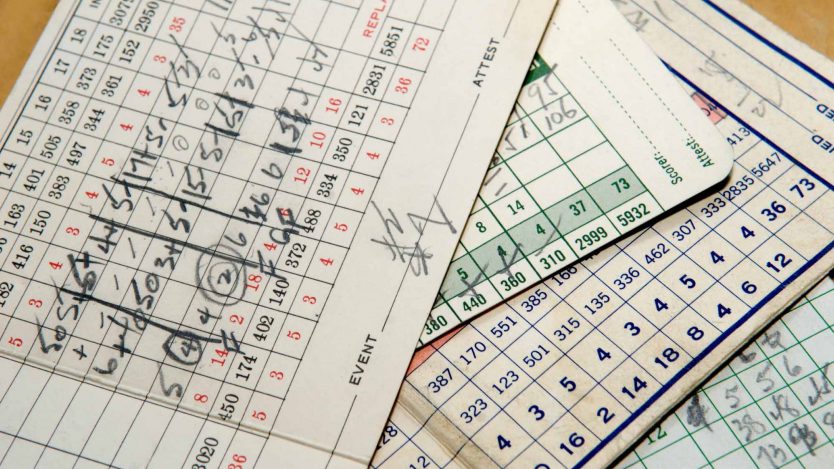Alterations to the World Handicap System have resulted in familiar protest. But, argues Steve Carroll, there is much to welcome
This article is part of GCMA Insights – topical content for golf industry professionals, discussing the things that matter to those who work in golf clubs.
It feels like the blink of an eye since the World Handicap System arrived in our clubs. Now some of the measures we’ve just started getting used to are being revised.
These changes, which come into effect in Great Britain & Ireland from April 2024, affect all of us.
You can’t mention ‘World Handicap System’ without someone getting into a twist. The reaction in those quarters to the new R&A and USGA measures has been predictably unruly.
But while it may be inconvenient for those who have decided WHS is bad and nothing will ever change that, there are some clear plusses to what we’ve got now.
People forget, under CONGU, their handicaps became inactive if they didn’t play enough. How was that keeping people invested in golf?
I see a stream of invective saying golfers are ditching competitions. Where is the evidence outside of anecdotes spitting from a couple of bitter corners of the clubhouse?
In England this year, more than eight million rounds entered into the WHS portal. Contrary to the “system has made a mess of golf brigade”, people are engaging in club life in record numbers.
What’s the other moan? People cheat. Did they not cheat before?
Some committees seem terrified to tackle anyone suspected of manipulation. But they have never had more tools at their disposal – and they’re getting more next year.
From detailed breakdowns of scores – competition and general play – to target figures, they have all the data they need.
Let’s get onto some of these changes.
The move to Course Rating minus Par should have been applied at the outset. We all work to par anyway when we measure scores – particularly in Stableford formats. Now our handicap system will reflect that.
Mixed tee and mixed gender competitions, which have been complicated to explain to say the least, will be far easier to manage.
That will hopefully encourage more clubs to dip their toes in the water. I’ve heard the clubhouse whiners moaning about mixed competitions and sharing tee times. But, in my opinion, clubs won’t be able to deflect using the weak Equality Act for much longer.
It is incredible some still routinely restrict when men and women can play golf based on nothing more than their gender and the tradition of some daftly named pot. Pay the same fees, you should get the same opportunities for course access.
Clubs wanted something done about fourball betterball. These measures will start to pick off those teams which consistently raid the top end of these events.
Though the criteria for such scores to count may seem strict, the perception someone is now watching should at least make those players who are tempted to manipulate think again.
And though it has not received much attention, moves to include more shorter courses within handicapping will provide more opportunities.
That’s particularly true for beginners who may not be ready for the rigours of a full-sized course. A handicap means they can measure their progress and feel like they belong.
Clubs are not just about competitions. Even if you’ve got 200 playing on a busy Saturday, there are far more in your community that aren’t interested.
Did you know the recent Golf for All report commissioned by the PGA revealed half of on-course players did not consider themselves to be ‘golfers’. That feeling must be addressed.
It’s at the heart of what is wrong at our clubs and it’s our perceptions around handicaps, and their fake importance, that is the cause.
If these WHS changes can make more players feel like they’re being embraced by the game they will have done the job – even if they fail to silence some of the naysayers.
This article is part of GCMA Insights – topical content for golf industry professionals, discussing the things that matter to those who work in golf clubs.
Get involved in the debate. To join the GCMA, click here, or to organise a call with a member of the GCMA team, just complete this form and we’ll be in touch!



